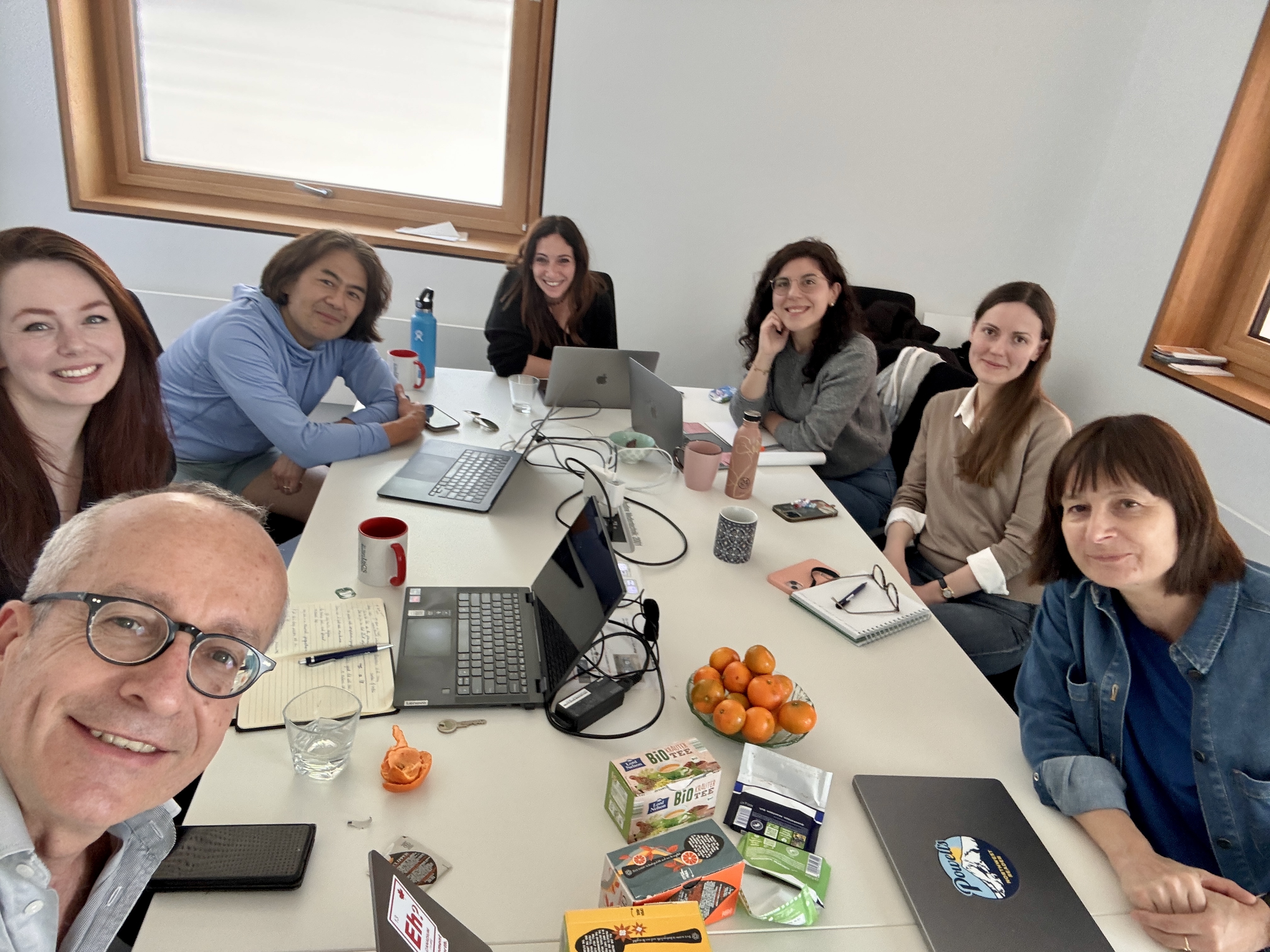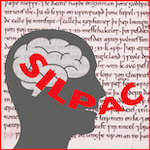How do children learn language rules—and how does acquisition drive long-term linguistic change?

The TSP Workshop with Charles Yang
These were the guiding questions of our two-day SILPAC workshop on the Tolerance and Sufficiency Principles (TSP), held on 7 and 9 May 2025. The event brought together early-career and senior researchers across the SILPAC network to engage directly with one of the most influential theories of language acquisition and change, as developed by our DFG Mercator Fellow, Charles Yang (University of Pennsylvania).
The first day featured a series of concise but thought-provoking online talks, each applying the TSP to a different historical puzzle. From the loss of prefixes in English to the restructuring of verb classes in French, speakers explored the interface of learnability and diachronic change and offered rich empirical coverage—from dative-marking to verb-particle constructions.
On day two, we moved into focused, in-person discussion at the University of Mannheim. With Charles Yang on site, participants had the opportunity to scrutinise the principles behind his model directly. Morning sessions tackled movement constraints and category formation, while the afternoon was given over to open debate—on class definition, vocabulary trimming, and the scope and limits of TSP as an explanatory model for syntactic change.
The photo from the day captures the spirit of the workshop. For many early-career participants, the workshop was a crucial milestone for testing hypotheses, raising methodological questions, and connecting theory to data.
The TSP workshop is just one example of SILPAC’s broader aim: to rethink language change as a cognitive and experimental phenomenon. If you’re curious about how input structures shape acquisition—and how individual learning feeds into language change—explore more of our work on this site.
